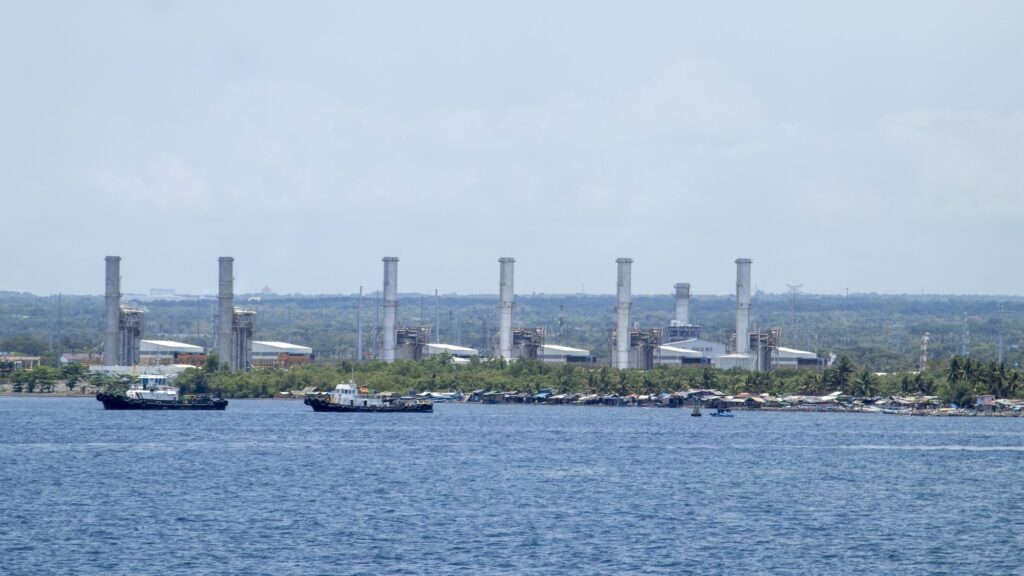Climate change poses a profound threat to ecosystems, economies, and human rights demanding and urgent and equitable transformation of our societies as we face this crisis. However, as States negotiate their “Work Programme on Just Transition Pathways” at the UN Climate Conference (COP30) in Belém, Brazil, their scope is narrowly focused on the shift to a low-carbon economy.
Drawing on the experiences of faith-based communities at the frontlines of the climate crisis, Franciscans International and the Lutheran World Federation (LWF) released a new study that challenges this limited conception. Rather than considering a Just Transition solely as a technical shift in energy systems, “Just Transition and Human Rights: Views of Faith-Based Communities” proposes that the question should be approached as a broader systemic and societal transformation.
What is a truly Just Transition
In this context, a Just Transition is a principle rooted in care and justice, advocating for systemic and inclusive change toward a cleaner, low-carbon economy that is fair for all. It should focus should be on care of the people and the planet, ensuring that both human dignity and ecological integrity are prioritized. This economic shift from fossil fuels should protects workers, Indigenous Peoples, and other marginalized groups. As such, it should be founded on social justice, good governance, inclusive participatory processes, and non-discrimination.
For faith-based communities, Just Transition naturally intersects with human rights, as it asserts that people must be placed at the center of climate action. Already, elements of this have been affirmed by international institutions beyond COP30. In a landmark 2025 advisory opinion, the International Court of Justice found that States have a legal obligation to reduce greenhouse emissions and concluded that some of those harmed by human-caused climate change may be entitled to reparations. This emphasizes that just transition is more than a concept: it is a necessary process to guarantee human rights in an era of climate disruption.
In practice, this conception of Just Transition involves creating new conditions that allow human beings to live with dignity and security, in a safe environment. It is about collaborating with local communities to develop a new renewable energy infrastructure so that they directly benefit from it. It is about ensuring that the resources extracted for this transition do not recreate exploitive practices from the past that harm communities or contaminate their lands.
Why it matters
As Franciscans, we care deeply for creation. A Just Transition responds to the climate crisis by requiring that we care for the Earth in ways that heal social conflicts, improve the living conditions of those on the margins of this new economy, and build a transformative future in which humankind and the planet live together in harmony.

